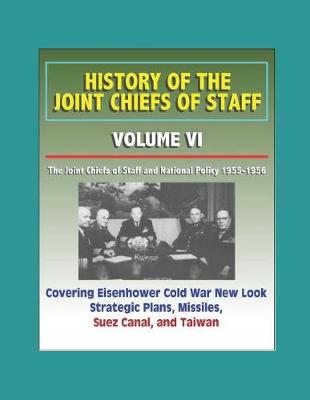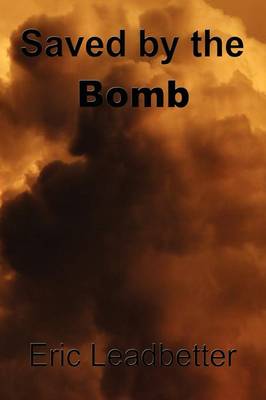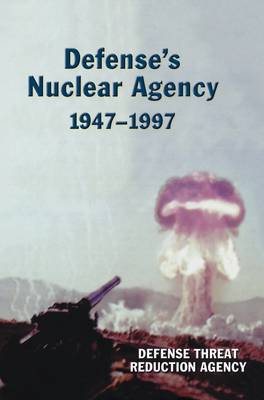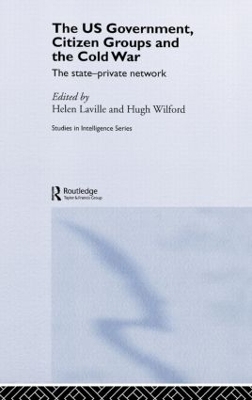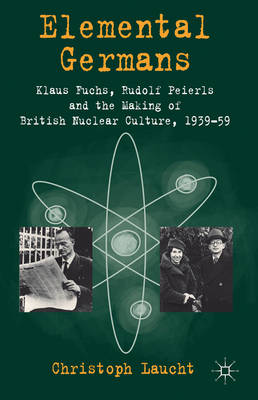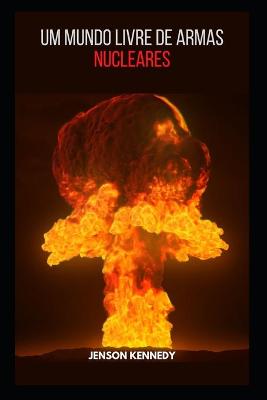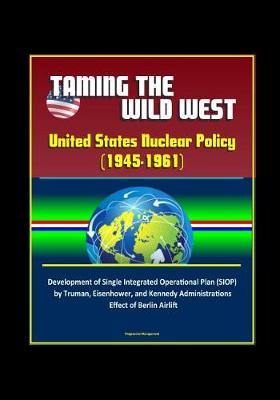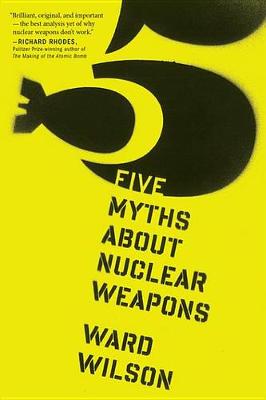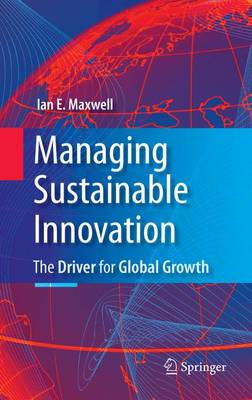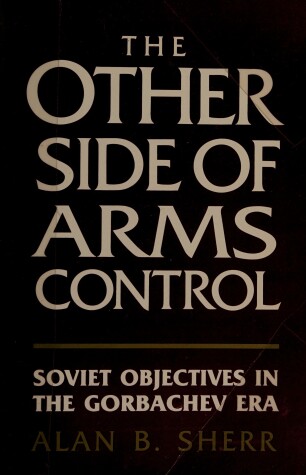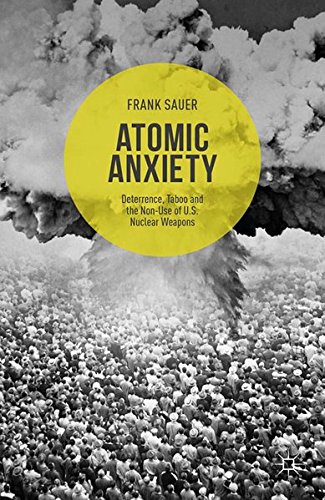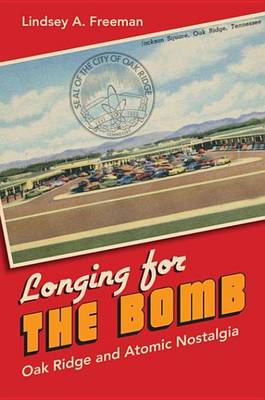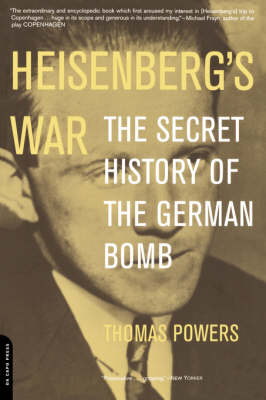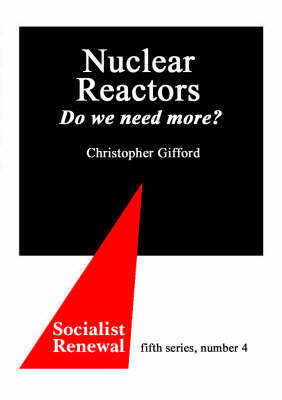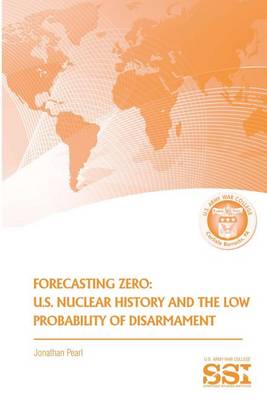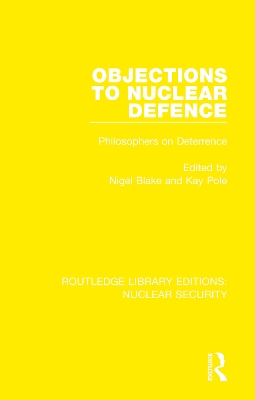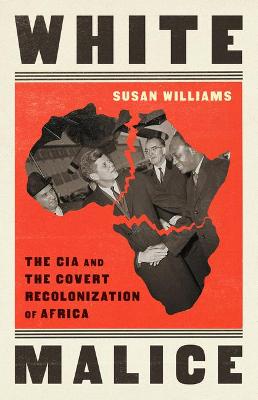History of the Joint Chiefs of Staff - Volume VI
by Department of Defense, U S Military, and Joint Chiefs of Staff
Defense's Nuclear Agency 1947-1997 (DTRA History Series)
by Defense Threat Reduction Agency
The US Government, Citizen Groups and the Cold War (Studies in Intelligence)
This new book examines the construction, activities and impact of the network of US state and private groups in the Cold War. By moving beyond state-dominated, 'top-down' interpretations of international relations and exploring instead the engagement and mobilization of whole societies and cultures, it presents a radical new approach to the study of propaganda and American foreign policy and redefines the relationship between the state and private groups in the pursuit and projection of Americ...
Managing Nuclear Modernization Challenges for the U.S. Air Force
by Don Snyder, Sherrill Lingel, George Nacouzi, Brian Dolan, and Jake McKeon
This book considers the role of the two German-born emigre atomic scientists Klaus Fuchs and Rudolf Peierls in the evolution of British nuclear culture from the start of the Second World War until 1959. As outsiders coming to the United Kingdom, the experiences of these two figures offer points of access to key features of British nuclear culture, in particular its scientific foundations and the social, cultural and political consequences of the atomic scientist's work. Fuchs' and Peierls' ethni...
Taming the Wild West
by U S Military, Department of Defense (Dod), and U S Government
Winner of 1954 James Tait Black Memorial Prize for Fiction. As the Second World War draws to a close, Lewis Eliot becomes entangled in the ethics and practicalities of nuclear warfare, in the sixth novel of C. P. Snow's Strangers and Brothers sequence. His scientist brother, Martin, and brilliant Cambridge fellow, Walter Luke, are researching atomic fission and trying to develop a war-winning bomb. Around them civil servants are jostling for position, ageing politicians are trying to stay rele...
Ian Maxwell applies decades of research and application to present a novel approach to innovation, with an emphasis on sustainable and renewable practices that benefit many, and not just a handful of executives and shareholders. Featuring examples from a wide range of innovators around the world, from Google to Genentech to the Masdar “clean” city initiative in Abu Dhabi, Maxwell argues that organizations that embrace structured innovation management systems and drive a “top down” innovation cul...
Nuclear Doctrines and Strategies (NATO Science for Peace and Security Series E: Human and Societal Dynamics, v. 44)
"Nuclear Strategies and Doctrines" focuses on the overarching importance that nuclear strategies and doctrines continue to play in the modern world and in relations among the leading states. The nuclear doctrines of the recognized nuclear weapons states and the activities these policies entail - beginning with the acquisition and modernization of nuclear forces - inevitably influence the defense and foreign policies of those nations which are without nuclear weapons capabilities, as well as the...
With the concept of 'Atomic Anxiety', this book offers a novel perspective on one of the most important and longstanding puzzles of international politics: the non-use of U.S. nuclear weapons. By focusing on the fear surrounding nuclear weapons, it explains why nuclear deterrence and the nuclear taboo are working at cross purposes in practice.
Longing for the Bomb traces the unusual story of the first atomic city and the emergence of American nuclear culture. Tucked into the folds of Appalachia and kept off all commercial maps, Oak Ridge, Tennessee, was created for the Manhattan Project by the U.S. government in the 1940s. Its workers labored at a breakneck pace, most aware only that their jobs were helping ""the war effort."" The city has experienced the entire lifespan of the Atomic Age, from the fevered wartime enrichment of the ur...
One of the last secrets of World War II is why the Germans failed to build an atomic bomb. Germany was the birthplace of modern physics it possessed the raw materials and the industrial base and it commanded key intellectual resources. What happened?In Heisenberg's War , Thomas Powers tells of the interplay between science and espionage, morality and military necessity, and paranoia and cool logic that marked the German bomb program and the Allied response to it. On the basis of dozens of inter...
Nuclear Reactors (Socialist Renewal, No. 5:4)
by Christopher Gifford
Objections to Nuclear Defence (Routledge Library Editions: Nuclear Security)
Moral and political questions are vitally relevant to the issue of survival in the nuclear age. Ethics has much to teach us about the meaning of national defence and civic responsibility in the nuclear state. For instance, those in NATO who argue for increased spending on such weapons do so with the intention of defending the values of the West. They must therefore be absolutely sure that they are not - as the contributors to this volume, originally published in 1984, powerfully suggest - underm...
GRIPPING, MOVING AND INSPIRING: the remarkable life of a world-leading expert in chemical weapons defence. "His work has saved lives and given hope." - Professor David Nott, bestselling author of War DoctorFor thirty years, Hamish has served and volunteered in conflict zones around the world. As the army's foremost chemical weapons expert, he built a unique first-hand understanding of how to prevent attacks and train doctors on the frontline - saving countless lives in the process. After sufferi...
